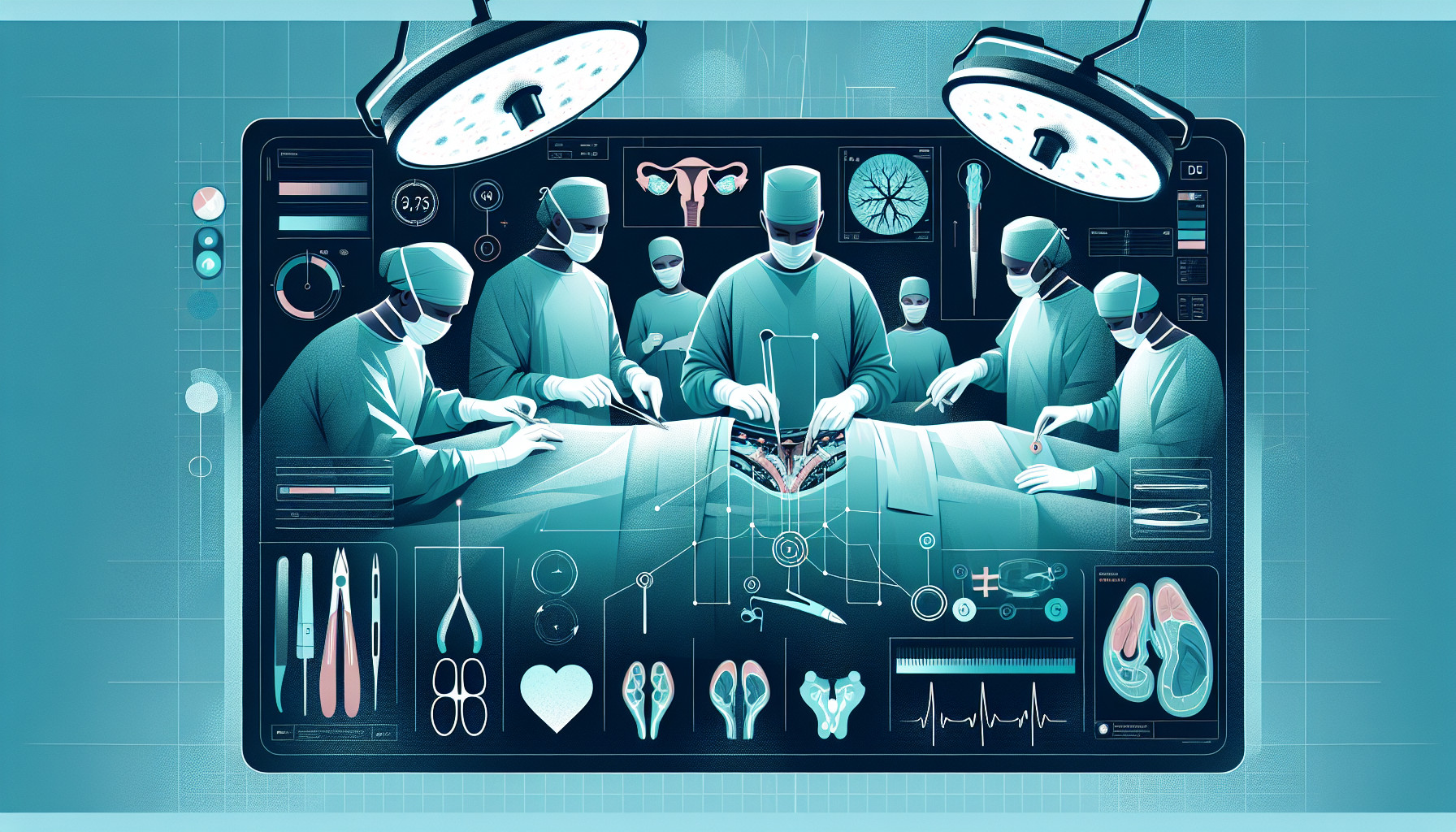Our Summary
This research paper discusses how to prioritize care for patients with testicular cancer during the COVID-19 pandemic. The researchers reviewed several studies and developed a priority algorithm for diagnosing, treating, and following up with these patients, taking into account the limitations caused by the pandemic.
Key procedures such as initial diagnostic tests (like scrotal ultrasound and staging CT), orchiectomy (surgical removal of the testicle), and adjuvant treatment (additional treatment to prevent cancer recurrence) should be given priority. They also suggest reducing the use of chemotherapy drugs that can harm the respiratory system, and instead favor increasing the use of growth factors during chemotherapy treatment.
The paper emphasizes the importance of closely monitoring patients in early clinical stages who do not have risk factors. If a patient tests positive for COVID-19, it’s important to note that most of them can still be cured of their cancer.
In conclusion, during the de-escalation phases of the pandemic, testicular cancer patients should receive priority care, especially during initial assessment and treatment. Follow-up procedures for patients with low risk and no recurrence for a long time might be delayed safely.
FAQs
- What are the key procedures for diagnosing and treating testicular cancer during the COVID-19 pandemic?
- What treatment modifications are suggested for testicular cancer patients during the pandemic?
- How should care for testicular cancer patients be prioritized during the de-escalation phases of the pandemic?
Doctor’s Tip
A helpful tip a doctor might tell a patient about testicular surgery is to follow their post-operative care instructions carefully. This may include keeping the incision area clean and dry, avoiding heavy lifting or strenuous activity for a certain period of time, and taking prescribed pain medication as directed. It’s also important to attend follow-up appointments to ensure proper healing and monitor for any complications. If the patient experiences any unusual symptoms such as severe pain, swelling, or infection, they should contact their healthcare provider immediately.
Suitable For
Patients who are typically recommended testicular surgery include those with a confirmed diagnosis of testicular cancer, especially those in early clinical stages. Additionally, patients who have a high risk of cancer recurrence or progression may also be recommended for surgery. It is important for these patients to receive timely and appropriate treatment to improve their outcomes and reduce the risk of complications.
Timeline
Before testicular surgery:
- Patient notices symptoms such as a lump or swelling in the testicle
- Patient sees a doctor for evaluation and diagnosis
- Scrotal ultrasound and other diagnostic tests are performed
- Testicular cancer diagnosis is confirmed
- Treatment options are discussed, including surgery (orchiectomy) and adjuvant therapy
- Surgery is scheduled and patient prepares for the procedure
After testicular surgery:
- Patient undergoes orchiectomy to remove the affected testicle
- Recovery period begins, with pain management and monitoring for complications
- Pathology report confirms the type and stage of cancer
- Follow-up appointments are scheduled to discuss further treatment options
- Adjuvant therapy, such as chemotherapy or radiation, may be recommended
- Regular follow-up visits to monitor for recurrence and overall health
- Long-term survivorship care and monitoring for potential late effects of treatment.
What to Ask Your Doctor
Some questions a patient should ask their doctor about testicular surgery include:
- What are the risks and benefits of undergoing testicular surgery?
- What type of testicular surgery will I be undergoing (e.g. orchiectomy)?
- How long is the recovery period after testicular surgery?
- What are the potential complications associated with testicular surgery?
- Will I need any additional treatments after the surgery, such as chemotherapy or radiation therapy?
- How will my fertility be affected by testicular surgery?
- What follow-up care will be needed after the surgery?
- Are there any lifestyle changes I should make after undergoing testicular surgery?
- How will testicular surgery affect my daily activities and quality of life?
- What is the success rate of testicular surgery in treating testicular cancer?
Reference
Authors: Mayor J, Álvarez-Maestro M, Arranz JÁ, Laguna MP. Journal: Arch Esp Urol. 2020 Jun;73(5):390-394. PMID: 32538809
